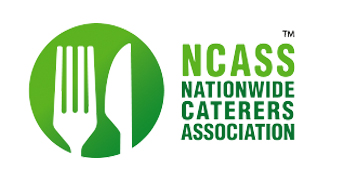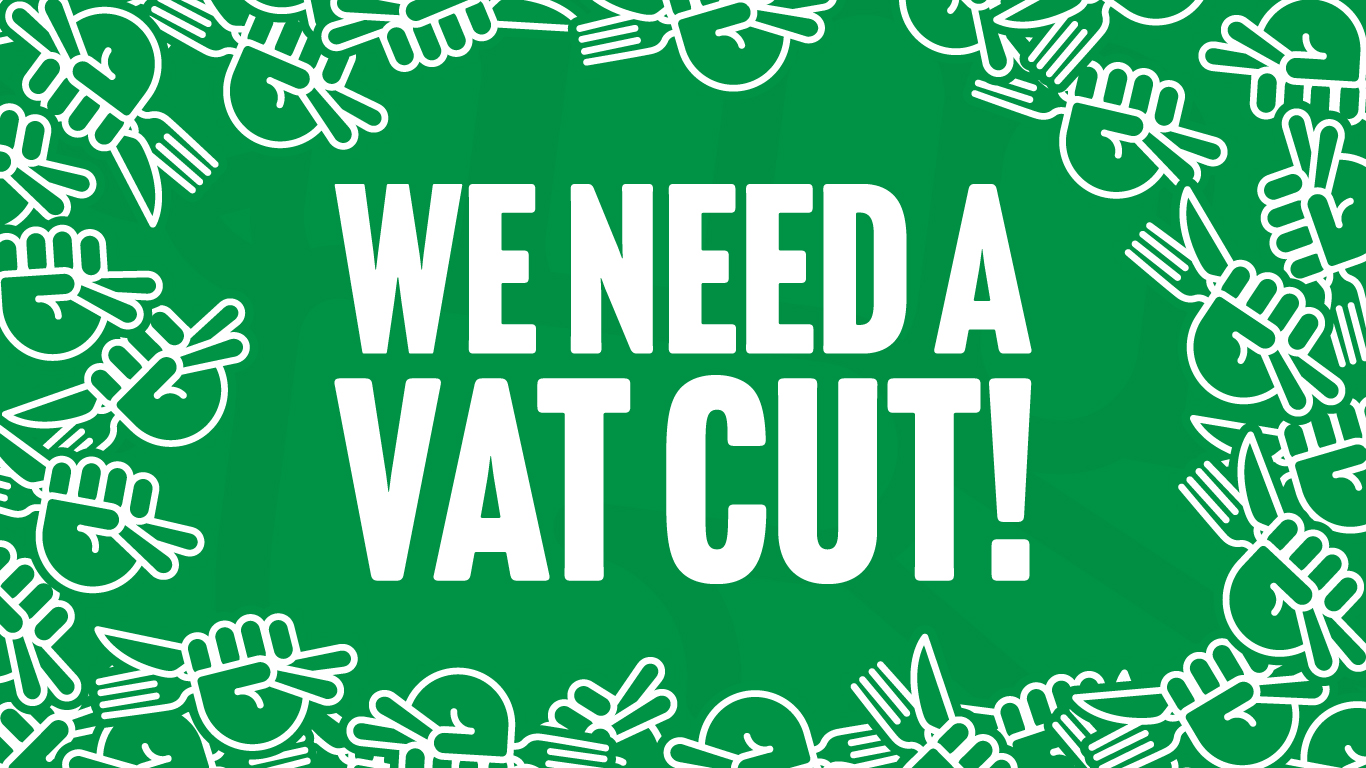Will less red tape and a plan for small businesses actually create the change we need to see or is Is the government distracting us from the VAT cut we actually need?
The past few weeks have seen headlines about the hospitality industry ramp up.
Reports in industry press have included headlines such as ‘the sector is now 14.2% smaller (net) than it was at the start of the pandemic in March 2020’, ‘hospitality in survival mode’ and ‘Britain loses 1,100 pubs and restaurants since Budget’
In parallel with these headlines, government documents have been released detailing plans to support the industry. One that talks about reducing red tape for hospitality and NTE businesses and the other being the government’s plan for small and medium size businesses.
The government want to introduce a new National Licensing Policy Framework, which will modernise outdated planning and licensing rules, cutting the cost, complexity, and time it takes to open and operate hospitality venues, and helping small businesses grow and communities reconnect.
We very much welcome the proposal from the government to simplify planning and licensing regulations and have advocated for independent hospitality zones for some time now along with Al Fresco dining and the importance of making use of empty units across highstreets and The Agents of Change principle.
As we all know, the industry is under an enormous pressure and so these measures should be implemented as soon as possible. A new National Licensing Policy Framework would be a step forward and should create more consistency in approach across local authorities. We believe this should include a review of how street trading licensing rules are implemented.
The Plan for Small and Medium Sized Business talks about the government’s determination to remove barriers to growth and breathe new life into highstreets. In the document they talk about ending late payments, unlocking access to finance, revitalising high streets including growth incubators (an idea that we have pushed for many years), encouraging business skill development and opening up opportunities through international trade.
In terms of tangible support for our sector, introducing permanently lower businesses rates and banning upward only rent review clauses would certainly support many small businesses, however, the fundamental issues around taxation have still not been addressed.
The VAT rate for hospitality businesses is still too high and the introduction of higher NIC and increased minimum wage has added insult to injury. There is a real lack of understanding around what it takes for independent hospitality businesses to do survive day to day. All costs remain high and businesses who look busy are still not making a profit. An urgent review of VAT needs to be addressed including increasing the VAT threshold, reforming hot food VAT and creating a fairer system that reflects the size of a business. With regards to VAT, these are the points that we put forward to government most recently as part of our response to the Business & Trade Select Committee Small Business Enquiry:
Both mobile and bricks & mortar businesses are affected by unfair taxation. In a recent NCASS member survey 80% of respondents told us that a cut to VAT was vital to the survival of their business. It is consistently the single most threatening cost to independent caterers who either purposefully restrict their growth to avoid the VAT threshold or are faced with a quarterly VAT bill that in most cases wipes out any meaningful profit.
- Hot food tax: The 20% rate on hot food is fundamentally unfair on small and micro hospitality businesses. The increased costs, confusing rules, extra administrative work and the competitive disadvantage of street food traders, small bakeries, cafes and restaurants who can’t afford to absorb this tax creates an uneven playing field in comparison to large chains with greater resource. It is unnecessarily inconsistent, and we believe it to be discriminatory.
- VAT threshold: The current VAT threshold cliff edge should be increased and replaced with a smoothing mechanism or sliding scale. This would remove the disincentive for businesses to grow beyond the threshold and encourage investment and job creation.
- A permanent lower VAT rate to 12.5% rate would provide immediate relief to the hospitality industry, boost the high street and potentially create thousands of jobs. The temporary reduction of VAT for hospitality, introduced during the COVID-19 pandemic helped many businesses stay afloat during a crisis and the sector needs this relief now to prevent further business closures.
The value of these businesses goes beyond any measure of economic productivity. These businesses aren’t just economic units; they are cultural and social anchors. They provide vital “third places” for communities, support local supply chains, and offer meaningful flexible employment.
Without ‘independents’ who have a sense of belonging to their communities, our high streets risk becoming homogenous places defined by large chain businesses.
In more certain times they are productive, profitable employers and taxpayers. However, the significant increase in costs for hospitality businesses, coupled with the cost-of-living crisis, have created a situation where tax revenues are increasing and well-run businesses are being forced to close or ‘operate as tax collectors’ with no margin for profit left after paying VAT. They are, in fact, currently operating in an anti-growth economic climate.
In addition to this, for mobile businesses specifically, street trading licensing must be addressed. There are huge inconsistencies across the country in terms of approach that we are currently investigating as well as the ever-rising event and festival pitch fees.
The UK’s street trading rules are, in fact, nearly half a century old (Local Government Act 1982) and designed for a different era – if the government was to allow trading on private land and revert back to access to pavement licenses during the pandemic, for example, this would reduce the licencing burden on all small and micro hospitality businesses and allow them to be more agile and dynamic. For example, a business trading 3 hours a month on private land should not be charged the same amount as a permanent pitch, trading daily.
We believe that there is still a fundamental disconnect between what the government’s vision is and what small businesses are experiencing day to day.
Supporting the independent hospitality sector is supporting the growth and economic stability of the hundreds and thousands of business owners and their teams across the UK.
Much more needs to be done to assist the independent businesses that make up our high streets, towns and cities whether they are trading in bricks & mortar or across events, festivals venues. markets or on private land. Every single one forms the heart of its own community, has families to support, employees to pay and ambitions to achieve.
Now is the time for a fairer tax system and tangible support for the independent hospitality sector.
We’ll be stepping up our efforts and speaking out more on VAT as the Autumn Budget approaches. As always, we’re keen to hear your views and experiences — drop us a line at [email protected] and let us know whether you think the new government initiatives will affect your business.






 Featured Training
Featured Training
OUR MEMBERSHIP
We're here to help make your catering business a success. Whether that be starting up or getting on top of your compliance and marketing. We're here to help you succeed.
Want our latest content?
Subscribe to our mailing list and get weekly insights, resources and articles for free
Get the emails